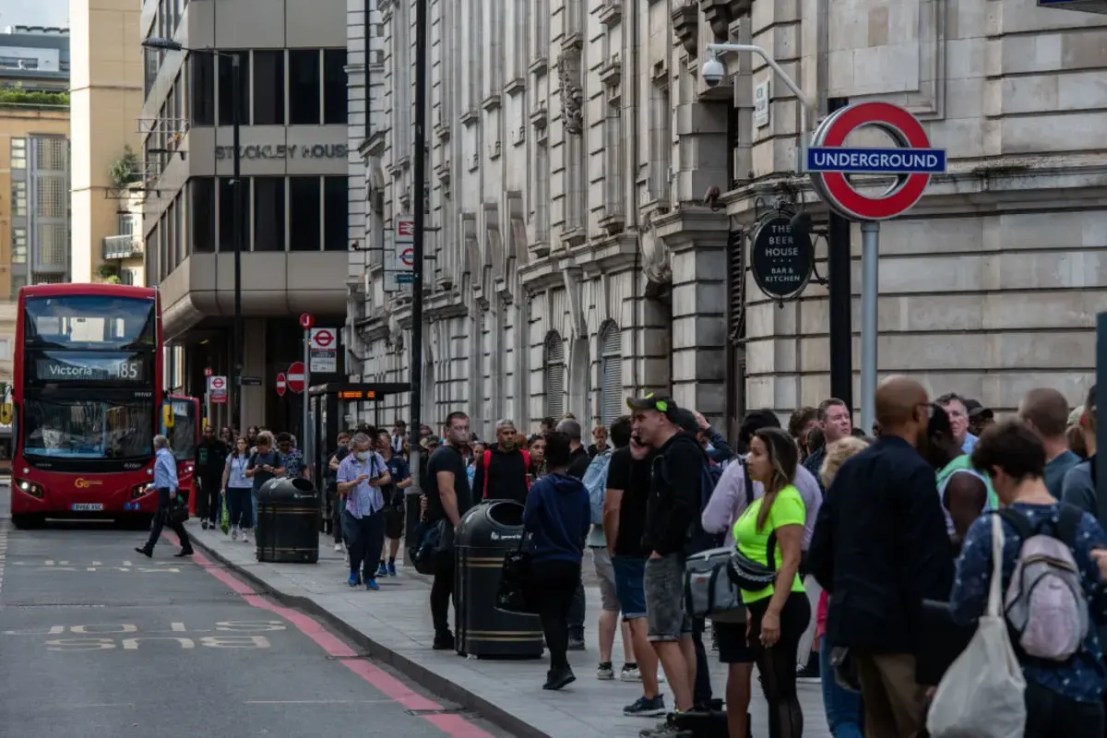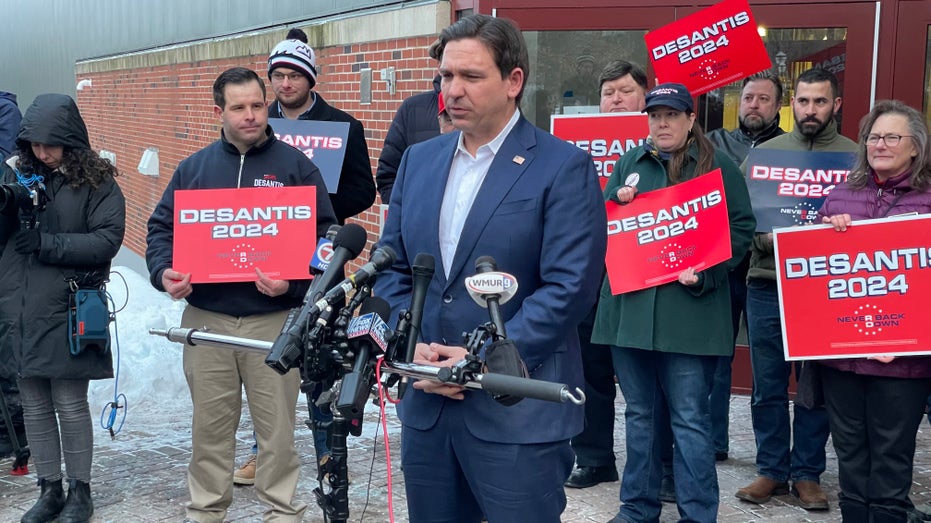Train strikes continue as Aslef warns more disruption likely: Here’s everything you need to know this week
It's that time again. Train strikes are set to cause disruption throughout April. City A.M. has all the details.


Passengers across the UK are facing significant disruption this morning as train drivers stage a third strike in four days as part of a long-running dispute over pay and conditions.
Members of the Aslef union are launching walk-outs at 16 major rail operators on a number of dates in April, while also refusing to work overtime on certain days.
Full-scale strikes began last week and are impacting services today at Greater Anglia, c2c, GTR Great Northern Thameslink, Southeastern, Southern/Gatwick Express, South Western Railway main line and SWR Island Line.
Two 24-hour rolling Tube strikes set to hit the London Underground in April and May, also from Aslef, were cancelled last Thursday after Transport for London (TfL) reached a late agreement with union officials.
However in a seperate announcement, Aslef revealed that its members at LNER, which operates on the East Coast Mainline to and from London, would strike on Saturday April 20 and refuse to work overtime from Friday April 19 to April 21.
Passengers have been advised to check the National Rail website for up-to-date information before they travel.
It comes over a year and a half into the national dispute, which began in June 2022 when the Rail, Maritime and Transport (RMT) union staged the first set of train strikes.
Last week, Aslef’s general secretary Mick Whelan warned more strikes were likely.
He said: “The reality is, we are going to ask for a pay rise, they are going to say: ‘We can’t give you a pay rise if we haven’t been able to settle the previous two years,’ but they are not going to settle for the previous two years, so what are we going to do?
“We don’t want another dispute but at this moment in time, it is very much heading along that line again.”
When are the national train strike dates?
Train drivers at 16 rail companies will launch strikes on Friday 5, Saturday 6 and Monday 8 and Saturday 20 April Aslef has said.
A six-day overtime ban began last Thursday and will continue until Tuesday 9 April. During the overtime ban, timetables will be reduced, with services subject to cancellations at short notice.
Rail operator’s affected by the national strike action are as follows:
Friday 5 April: Avanti West Coast, East Midlands Railway, West Midlands Trains, and CrossCountry.
Saturday 6 April: Chiltern, GWR, LNER, Northern, and TransPennine Trains.
Monday 8 April: Greater Anglia, c2c, GTR Great Northern Thameslink, Southeastern, Southern/Gatwick Express, South Western Railway main line and SWR Island Line.
Saturday 20 April: LNER, with overtime bans between April 19 and April 21.
Why are strikes happening?
Broadly, unions are seeking better pay and working conditions for their members amid inflation and other daily cost pressures.
They are also infuriated by new minimum service legislation, which enforces train companies have enough staff to run 40 per cent of services during walk-outs. In April 2023, Aslef’s executive committee rejected a 4 per cent pay rise for two consecutive years.
Since then, union bosses have accused the transport ministers Mark Harper and Huw Merriman of failing to come to the negotiating table. Talks between Aslef and the government have been non-existent since December 2022.
The dispute is made more complex by the dire financial state of Britain’s train operators, represented by the Rail Delivery Group (RDG), who have struggled to recover financially since the pandemic wiped out passenger numbers.
The network has been plagued by delays and cancellations, such that Transpennine Express had its contract stripped in May 2023. To cope, the government has quietly brought many more operators under the control of the state, a process which was accelerated after emergency contracts were brought in to stabilise the rail industry during the pandemic.
Close to 40 per cent of mainline travel in Britain is now by state-run trains, per analysis by the Financial Times.
“Nobody wins when industrial action impacts people’s lives and livelihoods, and we will work hard to minimise any disruption to our passengers,” a spokesperson for the RDG said.
“We want to resolve this dispute, but the Aslef leadership need to recognise that hard-pressed taxpayers are continuing to contribute an extra £54m a week just to keep services running post-Covid.
“We continue to seek an agreement with the Aslef leadership and remain open to talks to find a solution to this dispute.”
Aslef’s Mick Whelan said: “Those votes show a clear rejection by train drivers of the ridiculous offer put to us in April last year by the RDG, which knew that offer would be rejected because a land grab for all the terms and conditions we have negotiated over the years would never be accepted by our members.”
“Drivers wouldn’t vote for industrial action, again and again and again, if they thought that was a good offer. That offer was dead in the water in April last year and Mark Harper knows that.”
A Department for Transport spokesman said: “Aslef is the only rail union continuing to strike, targeting passengers and preventing their own members from voting on the pay offer that remains on the table.
“Having resolved disputes with all other rail unions, the transport secretary and rail minister have ensured that a pay offer is on the table, taking train drivers’ average salaries from £60,000 up to £65,000.”
Rail workers pay
Median annual pay for train and tram drivers is about £60,000, according to the Office for National Statistics (ONS).
ONS figures show average salaries across the rail sector were £45,919 in 2022.
Cost
Strikes have a devastating impact on both the railway’s and a range of different sectors, particularly hospitality.
Taxpayers are increasingly being forced to foot the bill to keep the struggling rail industry afloat amid disruption and lower passenger numbers, to the tune of almost £200m each month.
UKHospitality, the trade body representing the hospitality sector, estimates the cost for its pubs, clubs and restarants has reached nearly £5bn.
This article will be updated as new details emerge.



